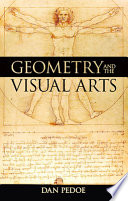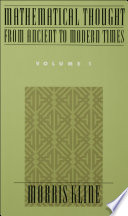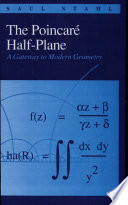 | Euclid - Mathematics, Greek - 1908 - 550 pages
...less than the two right angles. COMMON NOTIONS. 1. Things which are equal to the same thing are also equal to one another. 2. If equals be added to equals, the wholes are equal. 3. If equals be subtracted from equals, the remainders are equal. [7] 4. Things which coincide... | |
 | Carl Sandburg - 1926 - 528 pages
...the circle. Also it began with Axioms or Common Notions: (i) Things which are equal to the same thing are equal to one another; (2) if equals be added to equals the wholes are equal; (3) if equals be taken from equals the remainders are equal; (4) if equals be added to unequals... | |
 | Carl Sandburg - 1926 - 528 pages
...the circle. Also it began with Axioms or Common Notions: (i) Things which are equal to the same thing are equal to one another; (2) if equals be added to equals the wholes are equal; (3) if equals be taken from equals the remainders are equal; (4) if equals be added to unequals... | |
 | Science - 1906 - 600 pages
...center, at any distance from that center. His axioms state : 1. Things which are equal to the same thing are equal to one another. 2. If equals be added to equals the wholes are equal. 3. If equals be taken from equals the remainders are equal. 4. If equals be added to unequals... | |
 | David E. Smith - Mathematics - 1958 - 756 pages
..."common notions," probably five in number, as follows: 1 . Things which are equal to the same thing are equal to one another. 2. If equals be added to equals, the wholes are equal. 3. If equals be subtracted from equals, the remainders are equal. 4. Things which coincide... | |
 | A. Szabó - History - 1978 - 378 pages
...a rather different kind. They read as follows: 1. Things which are equal to the same thing are also equal to one another. 2. If equals be added to equals, the wholes are equal. 3. If equals be subtracted from equals, the remainders are equal. [4. If equals be added... | |
 | Daniel Pedoe - Mathematics - 1983 - 338 pages
...Euclid's introduction ends with some Common Notions: 1. Things which are equal to the same thing are also equal to one another. 2. If equals be added to equals, the wholes are equal. 3. If equals be substracted from equals, the remainders are equal. 4. Things which coincide... | |
 | Morris Kline - Mathematics - 1990 - 434 pages
...less than the two right angles. COMMON NOTIONS 1 . Things which are equal to the same thing are also equal to one another. 2. If equals be added to equals, the wholes are equal. 4. Things which coincide with one another are equal to one another. 5. The whole is greater... | |
 | Clark N. Glymour - Philosophy - 1997 - 406 pages
...one another in either direction. Common notions 1. Things that are equal to the same thing are also equal to one another. 2. If equals be added to equals, the wholes are equal. 3. If equals be subtracted from equals, the remainders are equal. 4. Things which coincide... | |
 | Saul Stahl - Geometry, Non-Euclidean - 1993 - 320 pages
...us now examine Euclid's definition of equality. 1. Things which are equal to the same thing are also equal to one another. 2. If equals be added to equals, the wholes are equal. 3. If equals be subtracted from equals, the remainders are equal. The modern reader may... | |
| |